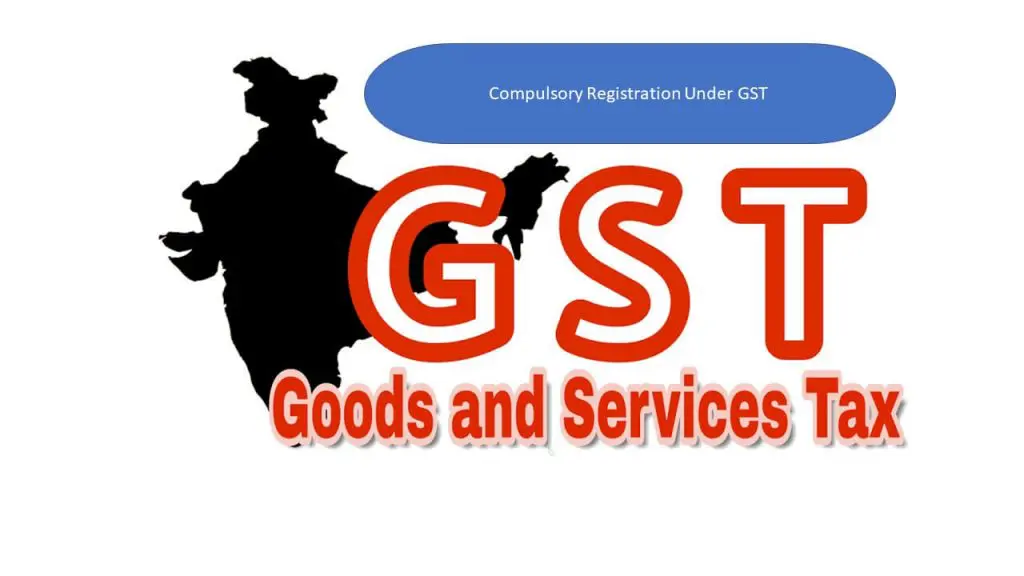India’s Goods and Services Tax (GST) has significantly reformed the way businesses handle indirect taxes. But if you’re a small business owner, freelancer, or startup founder, chances are you’ve asked this question at least once:
“Is GST registration mandatory for me?”
In this blog, we’ll simplify the rules, explain when GST registration is compulsory, and highlight cases where voluntary registration might benefit your business.
🧾 When is GST Registration Mandatory?
The GST law clearly lays down several scenarios where obtaining a GST number becomes compulsory. Let’s explore them one by one.
📌 1. Based on Turnover
- For Goods Suppliers: GST registration is required if your total turnover exceeds ₹40 lakhs in a financial year (₹20 lakhs for special category states).
- For Service Providers: The threshold is ₹20 lakhs (₹10 lakhs in special category states).
Example: A small bakery in Nagpur earning ₹45 lakhs annually must register for GST.
🌍 2. Inter-State Supply
If your business supplies goods or services across state borders, GST registration is mandatory — even if your turnover is below the threshold.
Example: A digital marketing agency in Maharashtra serving a client in Delhi must register under GST.
🛒 3. Selling Through E-Commerce Portals
Businesses selling on platforms like Amazon, Flipkart, or Meesho must obtain GST registration regardless of their turnover.
Note: This applies to both product and service sellers using e-commerce aggregators.
🔁 4. Reverse Charge Mechanism (RCM)
If your business is liable to pay tax under the Reverse Charge Mechanism, GST registration is compulsory — regardless of your turnover.
🧍♂️ 5. Casual & Non-Resident Taxable Persons
Businesses supplying goods/services occasionally in a different state without a fixed place of business (like at exhibitions or trade fairs) need to register as casual taxable persons under GST.
💡 What About Voluntary GST Registration?
Even if your business doesn’t fall under the mandatory criteria, voluntary registration can offer several advantages:
- Helps claim Input Tax Credit (ITC)
- Improves credibility with vendors and clients
- Enables inter-state sales
- Makes your business eligible for government tenders
Many startups and growing MSMEs opt for early registration to scale operations without legal hurdles.
🚫 Who is Exempt from GST Registration?
You do not need to register for GST if:
- You deal exclusively in exempt goods or services
- You are engaged in agriculture or related activities
- Your turnover is below the limit and you don’t do inter-state supply or sell via e-commerce
✅ Benefits of GST Registration
- Legal identity as a registered supplier
- Seamless tax credit for B2B transactions
- Easier compliance and expansion
- Transparent pricing and better customer trust
⚠️ Penalties for Not Registering
If you are liable to register and fail to do so:
- A penalty of ₹10,000 or the amount of tax evaded, whichever is higher, will be levied.
- You may also face interest and late fees on unpaid tax.
Final Thoughts
GST registration isn’t just about compliance — it’s a gateway to business growth, credibility, and seamless operations. Whether it’s mandatory or voluntary in your case, understanding its implications can save you from legal trouble and open new doors of opportunity.
💼 Need GST registration assistance?
At Fintax Filing, we help businesses of all sizes with:
- GST Registration
- Return Filing
- Compliance Advisory
- Refund Processing
📩 Contact us today and let’s get your business GST-ready.
Share This Article On:
 fintaxfiling
fintaxfiling